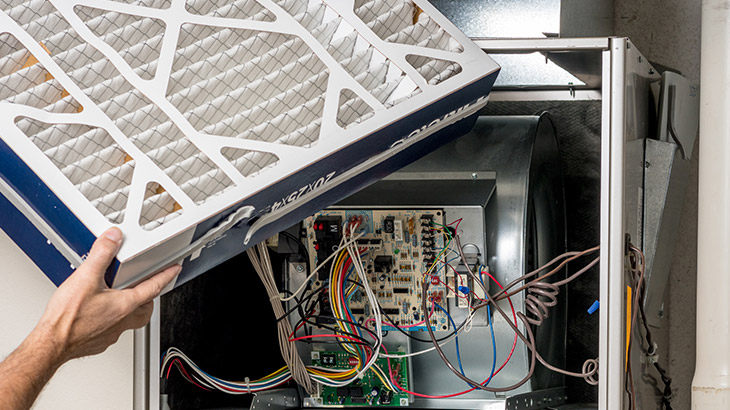Q&A FOR YOUR FURNACE
When you purchase a furnace for your home, you expect it to be reliable. No one wants to have problems with their heating system in the middle of winter when the temperatures are dipping low. How can you be sure that your system will continue to do its job faithfully?
The short answer is to know the warning signs that your furnace is giving so you have some indication of what is going on inside it. If you do need to hire a professional heating and ventilation technician, take advantage of their visit by asking them furnace repair questions, and learn how to prevent unexpected breakdowns. Some of the most common questions homeowners ask are:
- What is causing my furnace to make these strange sounds?
- Why is it so dry in my home?
- Why are my gas and electric bills going up?
- Why is one room colder than the others?
What is that sound?
As furnaces get older, they begin to make certain sounds including popping, squealing, rattling, clicking, and humming.
When your furnace starts making strange noises it can be an indication of its lifecycle coming to an end. Now, not all sounds are bad or mean your furnace needs replacing. Sometimes, it is a matter of a simple repair by a professional to make it run properly again.
For instance, if you’re hearing a popping sound in your ducts when the furnace starts or stops, it might be an indication of a problem with your ductwork. It is possible that the expansion and contracting of your metal ducts is related to the incorrect sizing of your ducts or your furnace. Sometimes, contractors use cheaply made thin metal to cut costs – this can cause ducting to simply flex and pop during furnace operation. Regardless, it’s a sign you might need your ductwork inspected by a technician. Ask the technician to also inspect the cleanliness of your ductwork to determine if you’re in need of a duct cleaning.
Is your furnace making a squealing sound? This is generally caused by a problem with the fan belt or perhaps the blower motor is about to fail. Meanwhile, if you hear a clicking sound when your furnace starts up, this can be an indication of a faulty spark ignitor. Rattling noises, on the other hand, tend to indicate wear and tear on the furnace fan or broken fixings in the motor. Get it serviced as soon as possible to prevent your furnace from failing completely.
Moisture problems in the home
It's easy to detect if humidity levels are a problem in your home. Stale or stuff air in the house leads to dry skin and other health-related issues for allergy sufferers and those with asthma.
There tends to be a greater amount of dust accumulation than usual, your house plants will begin to droop, and static electricity shocks will become common.
If you have too much moisture in your home, you'll notice condensation forming on your windows and walls, small amounts of water will accumulate around vents and pipes, and a disproportionate amount of rust will appear on pipes and around your furnace.
Are your gas and electricity bills spiking?
If proper maintenance is not done on your furnace, it will need to work harder to heat your home. That will increase your utility bills. Be sure to examine your past and current utility bills to see if your furnace is using more energy than previously.
Uneven temperatures throughout the house
As furnaces start to wear out, they lose their ability to circulate heat evenly throughout your home. Most furnace models have a 15-year lifespan before they begin to show signs of aging and inefficiency. But an improper balance of heat from room to room can also suggest your ventilation shafts and ducts are in need of cleaning and sealing.
Above all, it's important to remember that proper maintenance of your furnace by trained professionals will help to extend its life expectancy, avoid a full breakdown, and keep you and your family comfortable and healthy.





